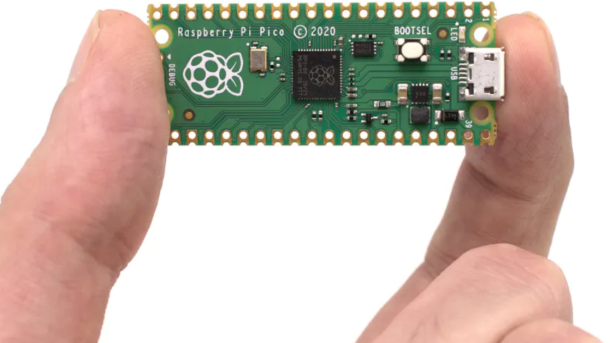Discover the fundamental elements of embedded systems in this essential online course.
Overview of Embedded Systems
Embedded systems are specialized computing systems designed to perform specific tasks within a larger system. They are typically built into devices like smartphones, digital cameras, and home appliances to provide functionality and control.
These systems are designed to operate in real-time, meaning they must respond to input quickly and reliably. Embedded systems often run on a specific operating system, such as Linux, and are programmed using languages like C and C++.
Understanding the fundamentals of embedded systems is essential for anyone looking to work in fields like engineering, software development, or computer architecture.
By taking an online course in embedded systems, you can learn how to design, program, and troubleshoot these specialized systems. These courses cover topics like microarchitecture, processor design, and real-time computing, giving you the skills you need to work with embedded systems in a variety of industries.
Whether you’re interested in developing software for medical devices, creating new applications for the Internet of Things, or working on cutting-edge technology like artificial neural networks, a solid foundation in embedded systems is a valuable asset.
Fundamentals of Digital Logic
| Concept | Description |
|---|---|
| Binary System | A numerical system that uses only two digits, 0 and 1, to represent numbers. |
| Logic Gates | Electronic circuits that perform logical operations on one or more binary inputs. |
| Boolean Algebra | A mathematical system that deals with binary variables and logic operations. |
| Combinational Logic | Circuits in which the output depends only on the current input values. |
| Sequential Logic | Circuits in which the output depends on both the current input values and the previous state. |
Introduction to Embedded Systems
In this section of the Embedded Systems Online Course Essentials, we will delve into the core concepts of embedded systems.
Embedded systems are specialized computing systems that are designed to perform specific tasks within a larger system. These systems typically consist of a microcontroller or microprocessor, embedded software, and often incorporate various peripherals.
Operating systems play a crucial role in embedded systems, providing the necessary framework for managing hardware resources and enabling communication between software components.
Understanding the basics of computer architecture is essential for developing efficient embedded systems. This includes knowledge of processor design, memory management, and I/O interfaces.
As you embark on your journey to learn about embedded systems, it is important to have a solid foundation in programming languages such as C and C++. These languages are commonly used in embedded software development due to their efficiency and low-level capabilities.
By mastering the fundamentals of embedded systems, you will be well-equipped to tackle real-world challenges in fields ranging from consumer electronics to industrial automation.



